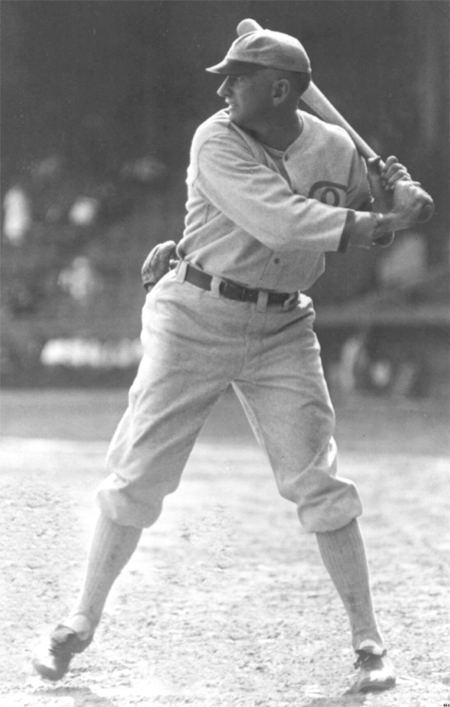Joe Jackson 1949 Sport Magazine Interview
THIS IS THE TRUTH !
Just 30 years ago this month, the infamous World Series between the Chicago White Sox and the Cincinnati Reds took place. The leading figure in the great scandal that followed, the famous White Sox slugger of 1919, tells in his own words his side of the story.
By SHOELESS JOE JACKSON
AS TOLD TO FURMAN BISHER
EDITOR'S NOTE: Almost any day of the week, if you drive down East Wilborn Street on the South side of Greenville, South Carolina, you'll find an aging man with sparse white hair sitting in the shade of a sapling oak at No. 119. He will be Joe Jackson - Shoeless Joe Jackson, sometimes known as the greatest natural hitter in baseball history. But you'll never find Joe's name in the record books, because he was black-listed for life after the great baseball scandal broke in 1920. Jackson has never raised his voice in protest, though he has stoutly maintained his innocence. In his South Carolina textile country, where he lives comfortably, he is revered as an idol and as a persecuted man. They will always believe Joe innocent. Here, for the first time in national print, is Joe Jackson's own story, just as he tells it himself. Jackson, one of the game's most brillant batters, hit over .400 during the 1911 season. |
 |
If I had been the kind of fellow who brooded when things went wrong, I probably would have gone out of my mind when Judge Landis ruled me out of baseball. I would have lived in regret. I would have been bitter and resentful because I felt I had been wronged.
But I haven't been resentful at all. I thought when my trial was over that Judge Landis might have restored me to good standing. But he never did. And until he died I had never gone before him, sent a representative before him, or placed before him any written matter pleading my case. I gave baseball my best and if the game didn't care enough to see me get a square deal, then I wouldn't go out of my way to get back in it.
Baseball failed to keep faith with me. When I got notice of my suspension three days before the 1920 season ended -- itcame on a rained-out day -- it read that if found innocent of any wrongdoing, I would be reinstated. If found guilty, I would be banned for life. I was found innocent, and I was still banned for life.
It was never explained to me officially, but I was told that Judge Landis had said I was banned because of the company I kept. I roomed with Claude Williams, the pitcher, one of the ringleaders, they told me, and one of the eight White Sox players banned. But I had to take whoever they assigned to room with me on the road. I had no power over that.

